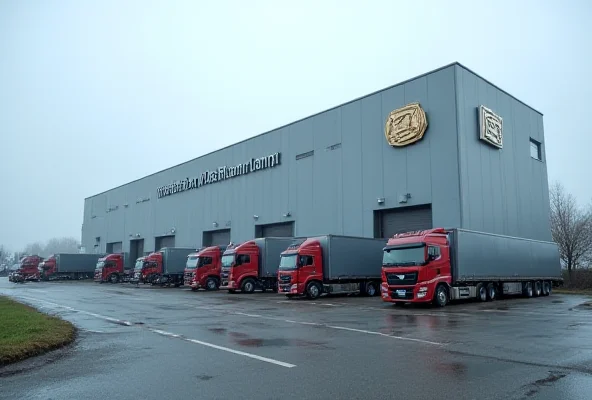Germany's economic landscape is undergoing significant shifts, marked by rising debt, job cuts in key industries, and evolving pension policies. These changes present both opportunities and challenges for the nation's future.
Soaring Debt and Market Reactions
Recent reports indicate a notable increase in German debt, triggering reactions in the bond markets. The interest rate on the 10-year German bund experienced a significant surge, with a 25 basis point increase marking the largest single-day jump since the fall of the Berlin Wall in 1990. This rise reflects investor concerns over Germany's fiscal policy and its potential impact on the country's economic stability.
Future Chancellor Merz has proposed amending the Constitution to exclude military spending from the debt brake, coupled with a substantial half-trillion investment plan. While this proposal aims to boost the economy and strengthen national defense, it has also raised questions about the long-term sustainability of Germany's debt levels.

Despite the substantial influx of new debt, estimated at 500 billion euros, the bond markets have largely absorbed the impact. Interest rates have only seen a moderate increase, suggesting a degree of resilience in the financial system. However, economists remain cautious about the potential long-term consequences of such a significant increase in government borrowing.
Thyssenkrupp Announces Job Cuts
Adding to the economic concerns, industrial giant Thyssenkrupp has announced a new round of job cuts in its automotive sector. The company plans to eliminate 1,800 positions as part of a broader cost-reduction strategy aimed at saving 150 million euros. This decision follows a previous announcement in November involving 11,000 layoffs, highlighting the challenges facing the German manufacturing industry.
“Weak market conditions and uncertainty surrounding tariffs” were cited as key factors driving the job cuts, according to a report by Il Fatto Quotidiano. The automotive sector, in particular, has been grappling with declining demand and increased competition, forcing companies like Thyssenkrupp to streamline operations and reduce costs.

Pensioners See a Boost, But Challenges Loom
On a more positive note, German retirees are set to experience an increase in their purchasing power in July, thanks to a 3.74 percent pension raise. This increase offers a welcome boost to pensioners' incomes, allowing them to better cope with rising living costs.
However, this positive development is tempered by concerns about the long-term sustainability of the pension system. A statutory guarantee is set to expire, and demographic changes, including an aging population and declining birth rates, are expected to place significant strain on the system in the years to come.

The combination of rising debt, job cuts, and evolving pension policies presents a complex set of challenges for Germany. While the country has demonstrated resilience in the face of economic headwinds, policymakers will need to address these issues proactively to ensure a stable and prosperous future.
The situation requires careful management and strategic planning to navigate the uncertainties ahead and secure a sustainable economic future for Germany.
